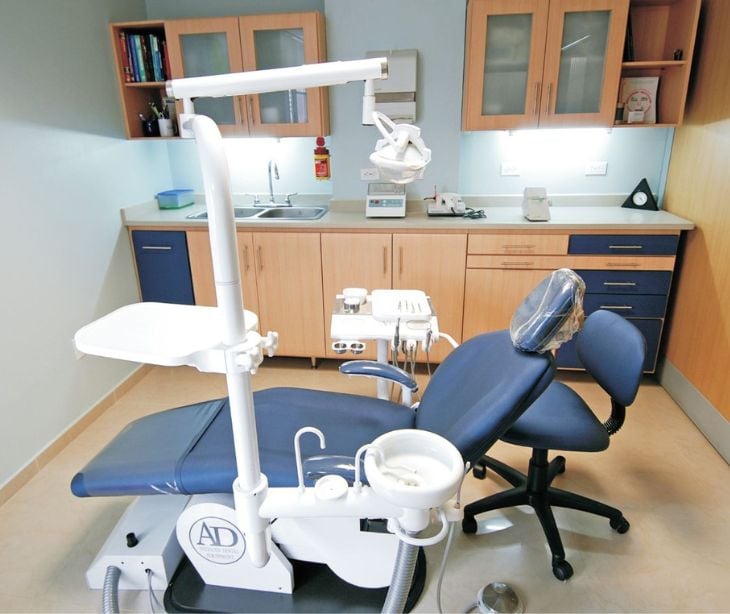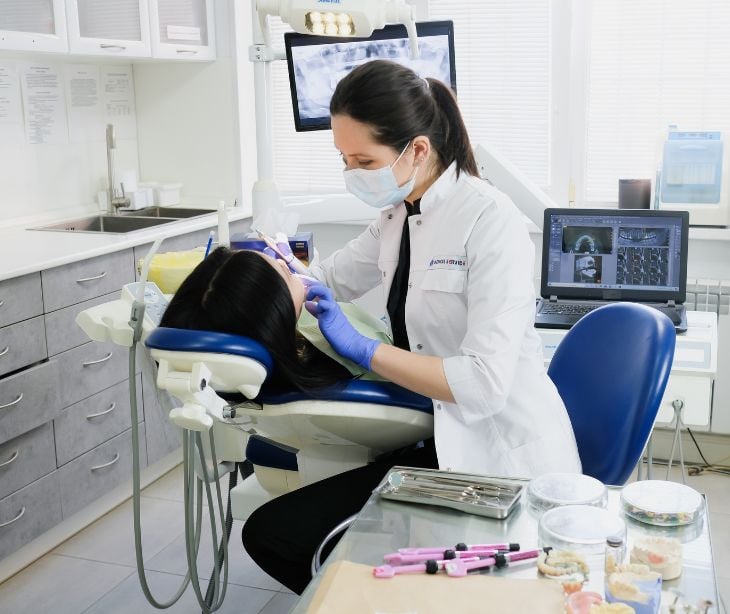
Dentists must comply with HIPAA when they meet the criteria to be considered a covered entity. While most dentists fall under the covered entity designation and must adhere to HIPAA guidelines, some dentists may not meet the full criteria to be classified as covered entities. As a result, these dentists may not be obligated to follow the HIPAA rules specifically designed for covered entities.
Dentists as covered entities under HIPAA
Dentists are considered covered entities under HIPAA if they engage in certain electronic transactions related to billing or payment for healthcare services.
The electronic transactions that make dentists covered entities include:
- submitting dental insurance claims
- verifying patient eligibility for insurance coverage
- Transmitting enrollment or disenrollment information
- Referring patients to other healthcare providers
- Coordinating benefits with other dental insurance plans.
As covered entities, dentists are subject to specific HIPAA requirements and must take steps to protect patient privacy and the security of protected health information (PHI).
HIPAA requirements for dentists
Privacy rule
The privacy rule mandates dentists to establish policies and procedures to safeguard patient privacy and PHI. Dentists must obtain patient consent for certain uses and disclosures of PHI, provide patients with a notice of privacy practices, and limit the use and disclosure of PHI to the minimum necessary.
This means dentists must only access, use, and disclose the information required for a specific purpose or task. Patients have the right to be informed about their privacy rights and how their PHI will be used.
Security rule
Under the security rule, dentists are responsible for implementing safeguards to protect the confidentiality, integrity, and availability of electronic PHI. This includes conducting a thorough risk analysis to identify potential vulnerabilities and implementing appropriate security measures to address those risks.
Dentists must have policies and procedures to govern access to ePHI, protect against unauthorized access, and regularly train their staff on security practices. Additionally, contingency plans must be established to respond to emergencies or data breaches, ensuring the continuity of dental services and the security of patient information.
Related: HIPAA Compliant Email: The Definitive Guide
Breach notification rule
The breach notification rule requires dentists to promptly notify affected individuals, the Department of Health and Human Services (HHS), and, in some cases, the media, in the event of a breach of unsecured PHI. Notification must be made without unreasonable delay and within specific timeframes, and affected individuals should be provided with information on the steps to protect themselves.
A breach is defined as the unauthorized acquisition, access, use, or disclosure of PHI that compromises its security.
Dentists must conduct a risk assessment to determine if a breach has occurred and take appropriate steps to mitigate harm to affected individuals.
Related: Understanding and implementing HIPAA rules
Business associate agreements
Dentists often work with vendors or service providers with PHI access, such as billing companies or dental laboratories. HIPAA requires that dentists have written contracts, known as business associate agreements, with these entities. These agreements outline the responsibilities and obligations of the business associates in protecting PHI. Business associates must comply with HIPAA regulations, implement appropriate safeguards, and report any breaches of PHI to the dentist.
Consequences of non-compliance
Failure to comply with HIPAA can have significant consequences for dentists. Non-compliance may result in monetary fines imposed by the HHS Office for Civil Rights, the regulatory body responsible for enforcing HIPAA. These fines can vary depending on the severity of the violation and range from several thousand dollars to millions of dollars. In addition to financial penalties, non-compliance can damage the reputation of dental practices and erode patient trust.
Related: What are the penalties for HIPAA violations?
Ensuring HIPAA compliance in dental practices
To ensure HIPAA compliance, dentists should consider implementing the following :
- Conduct a comprehensive risk analysis: Identify potential vulnerabilities and assess the risks associated with the use, access, and disclosure of PHI within the dental practice.
- Develop and implement policies and procedures: Establish clear guidelines for the protection of PHI, including access controls, training programs, incident response protocols, and contingency plans.
- Train staff on HIPAA requirements: Educate all employees about HIPAA regulations, their role in safeguarding PHI, and patient privacy and security.
- Implement technical safeguards: Utilize encryption, secure password protocols, and firewalls to protect ePHI. Regularly update software and systems to address security vulnerabilities.
- Maintain business associate agreements: Ensure written contracts are in place with any vendors or service providers with access to PHI, outlining their obligations in protecting patient information.
Dentists must comply with HIPAA if they engage in certain electronic transactions related to billing or payment for healthcare services. Adhering to the Privacy, Security, and Breach Notification Rules and maintaining business associate agreements ensures that dentists can protect patient privacy and the security of PHI.
Subscribe to Paubox Weekly
Every Friday we'll bring you the most important news from Paubox. Our aim is to make you smarter, faster.




